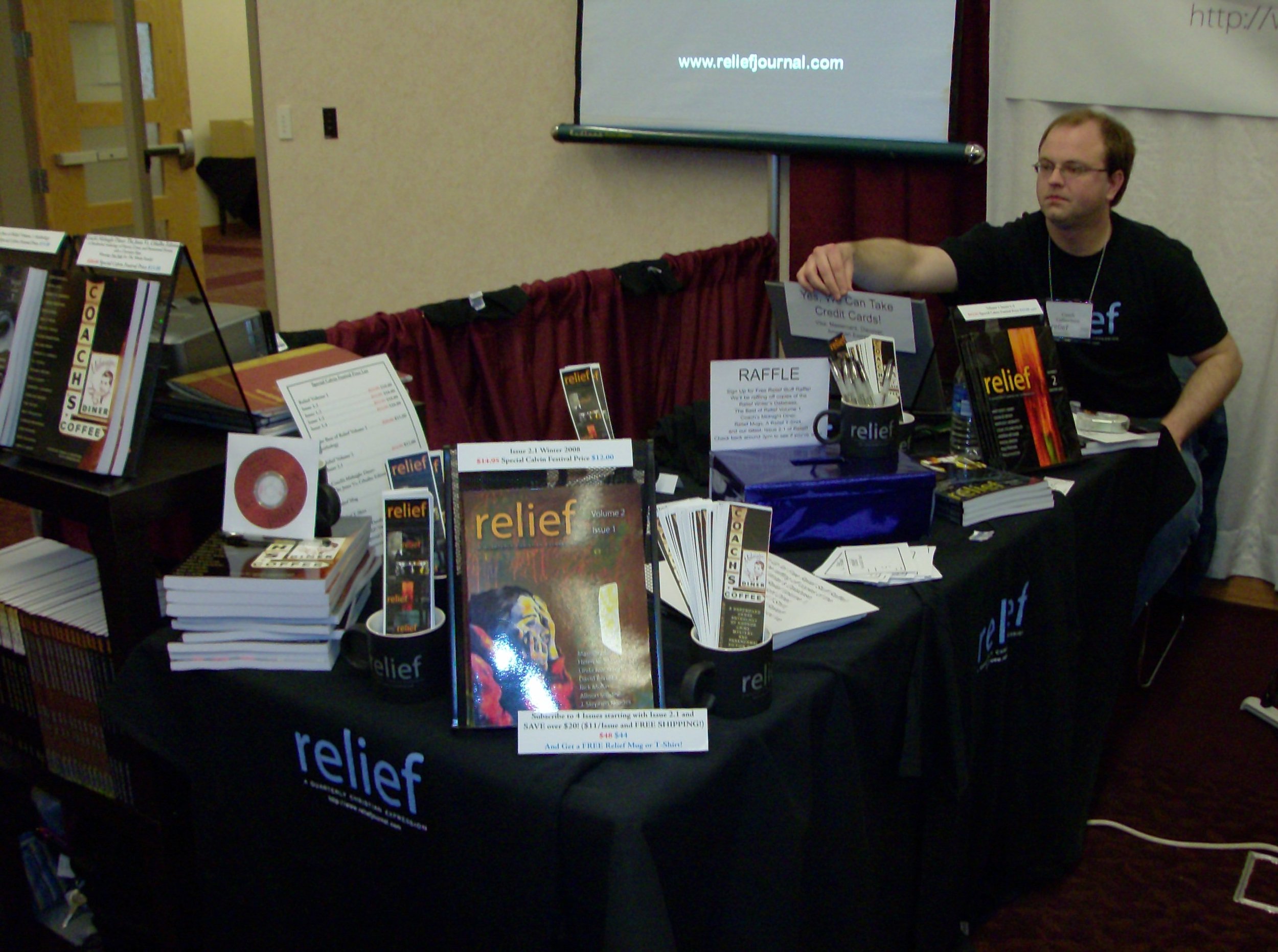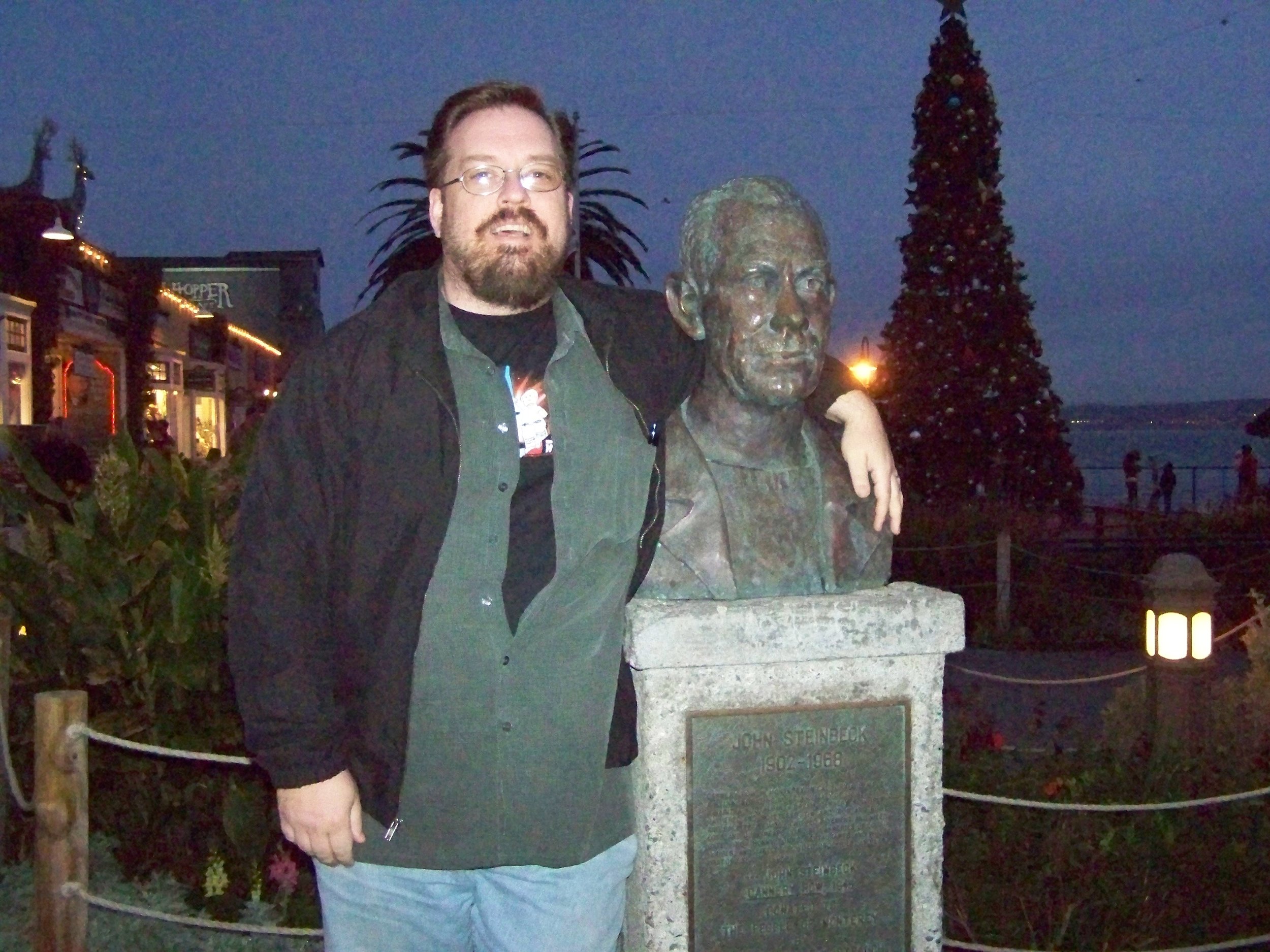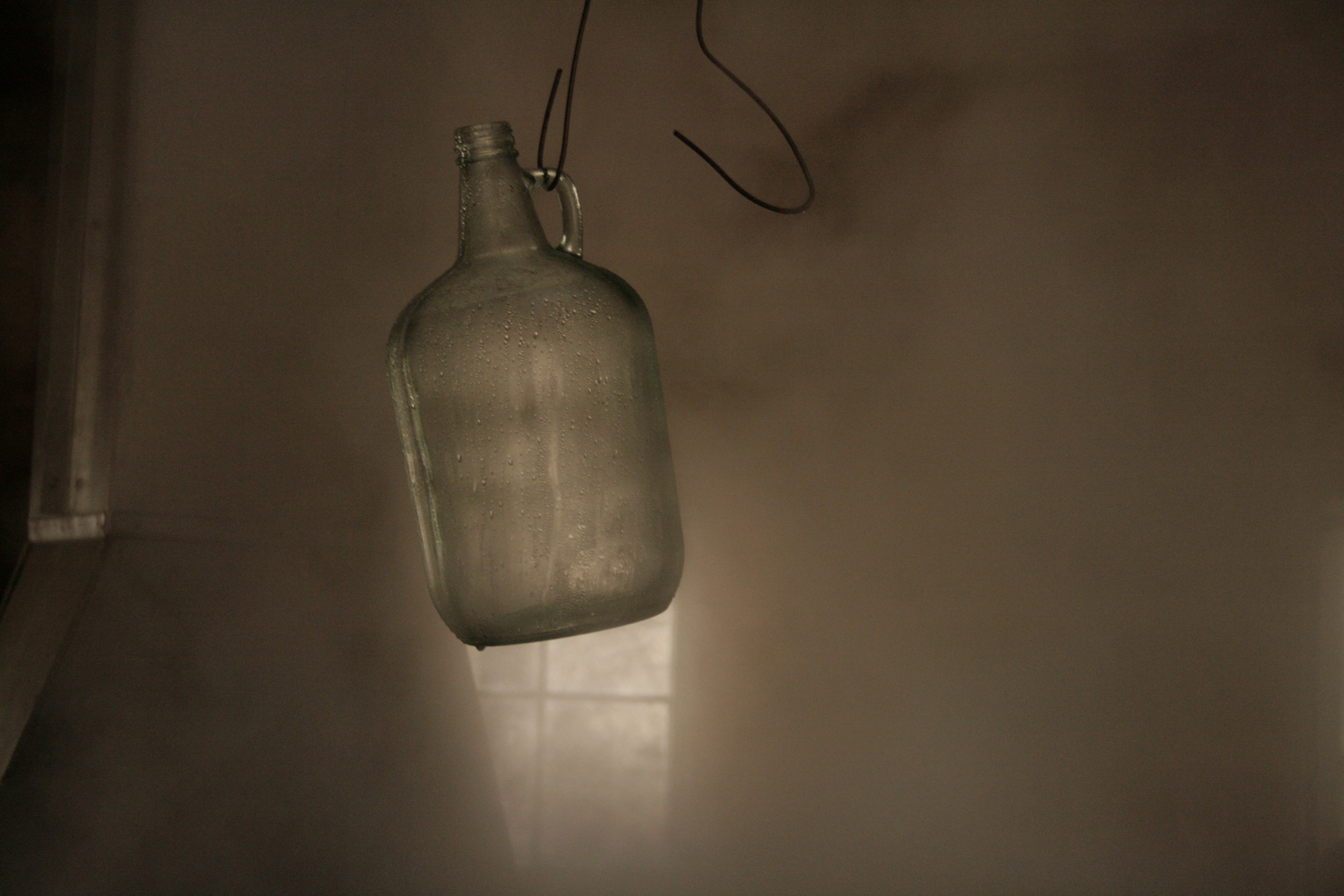Good Friday.
Michelle Metcalf
 In Cincinnati, it is supposed to be 85 degrees today. Record breaking temperatures for the first weekend in April in the Tri-state. The sun in my porch where I sit is warm. My dog has had no trouble finding a patch of sun to bathe in. Already, we have been to Starbucks and the dog park. The sun has made us want to get out of bed earlier to live a longer day, be outside in the open air. Already, before 9am I am in a pair of beat up shorts and a white tank top, flip flops and shades. Today is (a) Good Friday.
In Cincinnati, it is supposed to be 85 degrees today. Record breaking temperatures for the first weekend in April in the Tri-state. The sun in my porch where I sit is warm. My dog has had no trouble finding a patch of sun to bathe in. Already, we have been to Starbucks and the dog park. The sun has made us want to get out of bed earlier to live a longer day, be outside in the open air. Already, before 9am I am in a pair of beat up shorts and a white tank top, flip flops and shades. Today is (a) Good Friday.
This morning, already, has been a good morning. It has been a morning of not wanting. A morning of not longing for sun, which, of late, has become my usual Cincinnati practice. Today has not been a morning of wearing my brown down coat to take the dog outside for her stroll. It has not been a morning of grey sky and wind and hair in my face. Today has been a morning of light, of leaves on the trees, of clover flowers pushing through a small corner lawn that suddenly needs to be mowed. It has been a morning of less aches and pains than those I went to bed with last night, a morning of a glass of cold water from the Brita pitcher in the fridge. It has been a morning of small, good things.
Looking around my new house, boxes everywhere, walls un-painted, the kitchen a mess, I am unshaken. And I don’t mind that my hooded sweatshirt is at my feet on the floor in our living room. I don’t mind that the kind size green quilt that I napped with last night is heaped in a ball on the floor just where I threw it off without putting it neatly away before bed. And the pillows on the couch are a mess. And the mail is stacked on the entry table. And my bags are still unpacked from Costa Rica. And the laundry: wet towels, smelly hiking shoes—none of it is done. But there is no hurry. How long since I have been present to my own life?
This morning, the pilgrims of our city will gather outside in the hot sun to take part in the Cincinnati tradition of praying the 84 steps at Holy Cross Immaculata church in Mt. Adams. They will pray the rosary together and walk one step at a time up the hill to mark their reverence of this Holy Day. I will mark this day too, in small steps, living my prayers instead.
* * *
Michelle Metcalf resides in Cincinnati, OH with her husband, Benn and her dog, Elsie. She is currently working on a collection of humorous essays about growing up in Midwestern Suburbia.
















